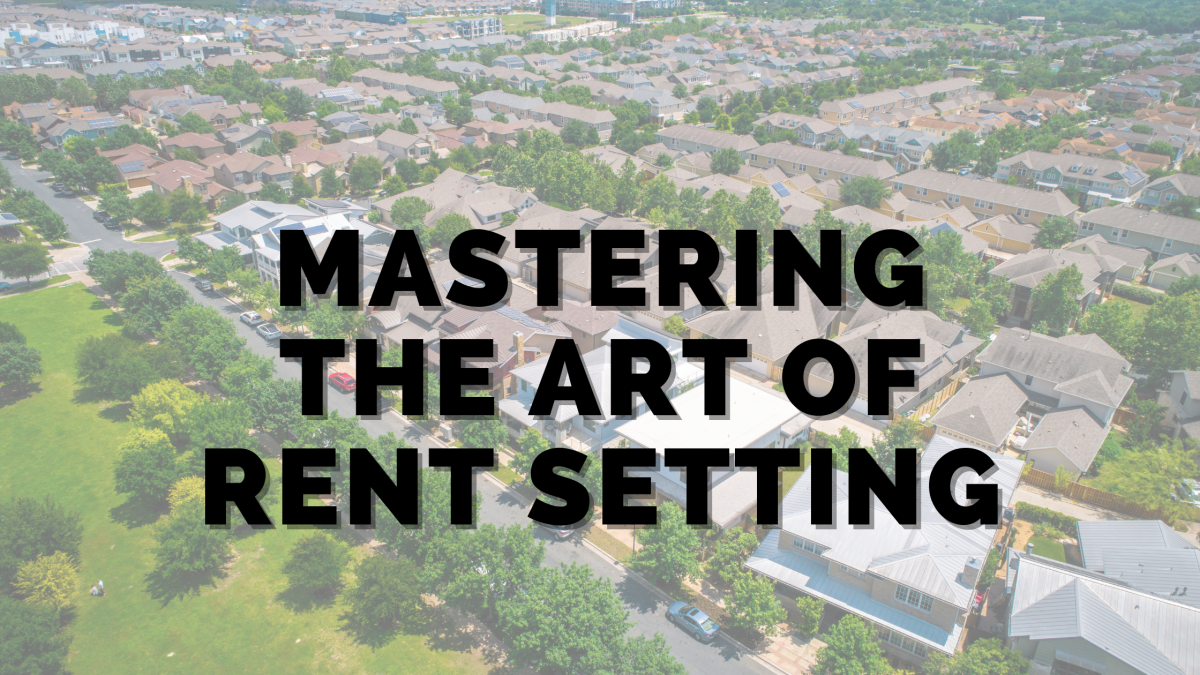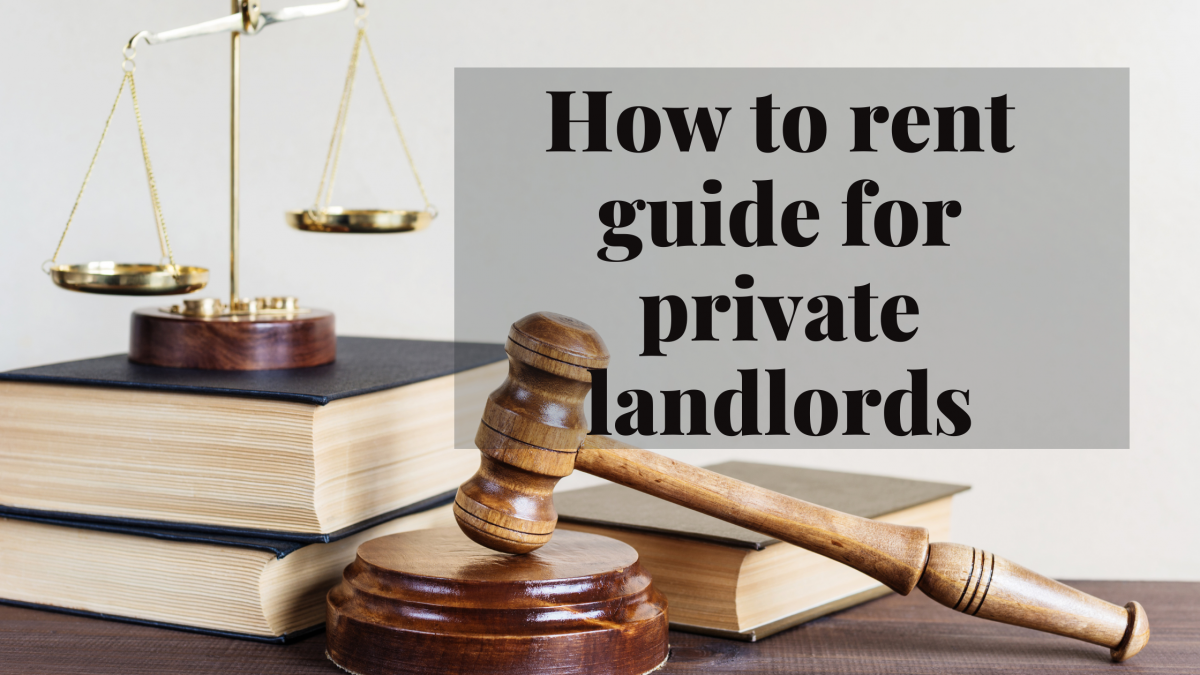Evicting Tenants & Ending Tenancies
Evicting tenants and ending tenancies is a complex process that must be carried out in accordance with UK law. The process for evicting tenants and ending tenancies depends on the type of tenancy agreement in place and the reason for the eviction.
For assured shorthold tenancies (ASTs), landlords can usually regain possession of their property by serving a valid notice on the tenant, such as a Section 21 notice, and obtaining a court order if the tenant does not leave.
A section 21 notice starts the legal process to end an assured shorthold tenancy.
The landlord or their agent can give the tenant(s) a section 21 either during a:
1. rolling periodic tenancy
2. fixed term contract if there’s a break clause
The Section 21 notice gives the tenant(s) a date to leave the property. The tenancy continues if the tenant(s) stay past that given date. The landlord must then apply to court if they still want the tenant(s) to leave.
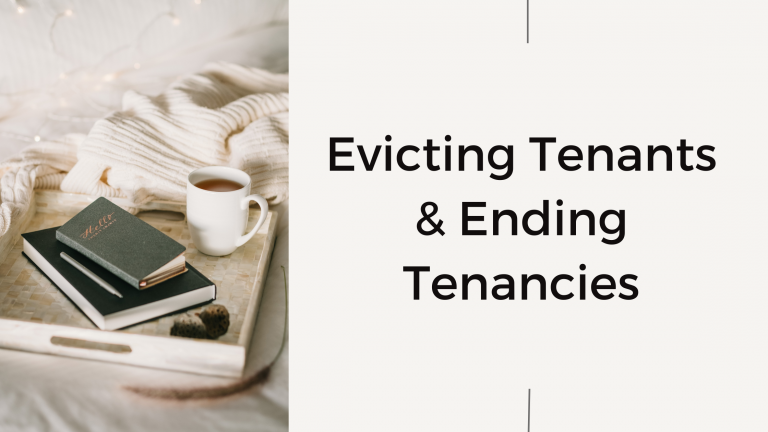
If the tenant has breached the terms of the tenancy agreement, such as by failing to pay rent, the landlord may be able to serve a Section 8 notice and start eviction proceedings.
An eviction under a Section 8 notice cannot happen unless the landlord gives a valid notice and proves a ground for possession in court. A ground is a legal reason for eviction.
A section 8 notice must give:
the right amount of notice
a date after which court action can start
the grounds for possession, and explain why they are being used
A section 8 notice must give you either 2 weeks or 2 months depending on which ground the landlord is using.
In either case, the process for evicting tenants and ending tenancies must be carried out in accordance with strict legal requirements and notice periods, and the landlord must have a valid reason for doing so. If the landlord acts outside of the law, they may face legal penalties and the eviction may be considered illegal.
Responsibility for rent and bills
Even when evicting tenants, tenants are still responsible for rent and bills until the tenancy comes to an end.
It means that the tenant may have to pay rent, council tax and utility bills until either the landlord’s notice ends, even if the tenant may leave before or if the court ends your tenancy, so if you stay after the notice period given by the landlord in the notice ends.
It is important to note that when evicting tenants, tenants do not have to pay if they leave and the landlord rents the property to someone else straight away as they cannot be in receipts of the payments twice.
It is important to seek legal advice if you are considering evicting a tenant or ending a tenancy. An experienced solicitor or housing adviser can help you understand your rights and obligations and guide you through the process.
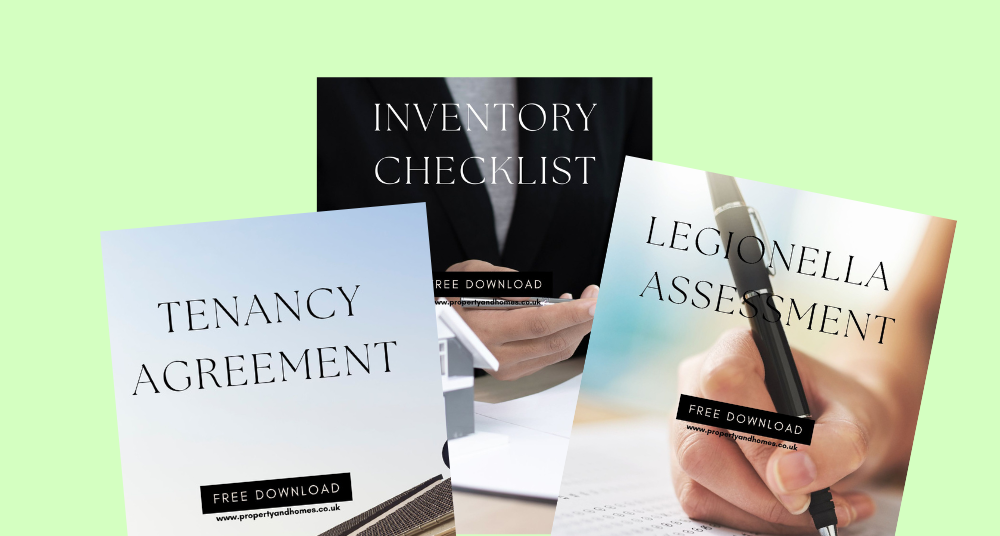
More evicting tenants & ending tenancy articles

Need to fix a repair or breakdown?
 Hire a Tradesman
Hire a Tradesman

Landlord Blog
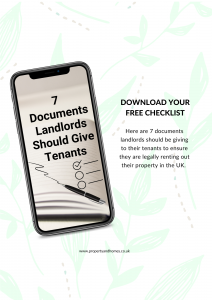
We create this content for general information purposes and it should not be taken as advice. Always take professional advice. Please read our full disclaimer.
SHARE THIS POST


